Last June, the scholar Najeeba Syeed-Miller was the only Muslim member of a Los Angeles Board of Rabbis interfaith delegation to Israel. For her, the most remarkable moment of the trip occurred at the Jerusalem hotel where they stayed, when one morning, an Arab Muslim man on the hotel’s cleaning staff opened the door to her room.
“Wait! You can’t come in!” Syeed-Miller’s roommate shouted. “She has to cover first!”
The man looked puzzled. He scanned the woman standing in front of him and noticed she was wearing a kippah.
“Wait,” he said, obviously befuddled. “She’s Muslim? And you’re Jewish? And you’re staying in the same room?”
Syeed-Miller laughs thinking back on it. “He asked her about four times, because he just couldn’t believe it,” she said, sipping iced coffee at a Starbucks in downtown Los Angeles.
On this day, she wore a lime-colored scarf draped around her face, drawing focus to her deep, coffee eyes and olive skin. “It’s funny, because you hear about all this intolerance supposedly between our communities, and it’s, like, we didn’t even think about it. We were roommates.”
But lately, an alarming intolerance for Islam has sprung up in the United States. In just the past few months, a Florida Evangelical leader threatened to burn the Quran, protests over the building of new Islamic institutions caught fire, and general hysteria about Islamist terrorism has played out in the media. It’s a tense moment in American faith relations, but Syeed-Miller, 37, who this fall became the first Muslim to join the faculty of the Claremont School of Theology, seems utterly unfazed.
“When one is delegitimized, that can be frustrating,” she said, carefully choosing her words. “But there are just as many voices calling out for engagement with each other.”
Long before Islamophobia gripped the American mainstream, Syeed-Miller was cultivating allies in the Christian and Jewish communities. In the past six months, she has appeared on numerous panels and spoken at synagogues in order to bolster communal interfaith relationships. Last April, she appeared on a panel at Sinai Temple — the only woman to share the stage with Rabbi David Wolpe, Pastor Rick Warren and the Rev. Cecil “Chip” Murray. In June, she joined a cohort of academics and religious leaders on a 10-day trip to Israel sponsored by the Interreligious Action Center of the Board of Rabbis and The Jewish Federation of Greater Los Angeles. In October, she will discuss the trip on an interfaith panel at Adat Ari El, and in November, she will speak at Temple Israel of Hollywood.
“In a religious context, we have to model some level of cooperation,” she said. “If [people of faith] are not able to intellectually engage with each other, it concerns me; we have to show that we’re not just relevant to each other in faith groups, but also that we have something to offer society.”
That sounds idealistic when religious extremism threatens to undermine the religious cause. How do you talk to someone who thinks you’re a bomb-wielding terrorist that hates America?
“It can be difficult to have a conversation in opposition to someone who will not accept that I, as an individual, can have a legitimate commitment to nonviolence,” she said. “That’s why the stories that are out there of cooperation and problem-solving between faiths are so important to project, because they articulate a reality that questions the fiction of cultures being eternally incompatible with each other.”
Part of her task as the newly appointed assistant professor of Interreligious Education at Claremont is to incorporate religious values into conflict resolution education. Her previous work at the Asian Pacific American Center and the Western Justice Center involved training teenagers in the public school system how to avoid violent conflict through dialogue and mediation. Even in what Syeed-Miller calls a “culture of violence,” where tensions between racially and economically marginalized individuals and groups crop up frequently, she has seen dialogue transform relationships — and even whole communities.
At Claremont, however, she will be working within a religious framework for the first time, although, as a woman, Syeed-Miller cannot become an imam. Despite this, in the circles in which she travels, she is perceived as a religious figure on par with rabbis, priests, pastors and Sikhs. She said that, at least for the time being, she doesn’t aspire to become an imam, although she faces obstacles concerning her legitimacy both from within and outside her faith.
“Najeeba faces a big challenge, given her background, and so she has to be very careful about what she says,” said Rabbi Mark S. Diamond, executive vice president of the Board of Rabbis of Southern California. Diamond has known and worked with Syeed-Miller for five years and will appear at Adat Ari El with her next month. “The quality I most admire about Najeeba is that she is authentically Muslim, and she’s very conscious of the limits and challenges she faces within her own community. Those are not inconsequential.”
Her current path was paved by a strong family emphasis on higher education. A native of Srinagar, in the valley of Kashmir in India, she moved to the United States with her parents and five siblings in 1976, when she was 3. At that time, there was no established Muslim immigrant community or cultural canon that captured the Muslim American immigrant experience in Washington, D.C., where the family settled. So she looked to another immigrant community that had successfully assimilated into American culture while retaining a religious identity: the Jews.
“When I was growing up, I didn’t have books written about what it was like to grow up as a Muslim kid, so I would read Chaim Potok’s books,” she said. “My sister and I would talk about his books because it was hard to access anything cultural that had to do with what it was like to be a minority in this country with a religious identity. And also the internal tensions of communities that we were reading about in those books — it just resonated with us.”
Reading Chaim Potok isn’t all that Syeed-Miller has in common with Jews. In addition to observing Islamic modesty laws (similar to tzeniut in the Jewish tradition), Syeed-Miller observes halal (similar in many ways to keeping kosher), and she observes Muslim holidays like Ramadan, the month-long daytime fast and Eid, the culminating festival that follows it.
She’s also a lawyer, as is her husband, Jonathan Miller, a convert to Islam, with whom she has two children, ages 2 and 4. The couple met in law school at Indiana University. “We fell in love over civil procedure,” she jokes. “He was the only other Muslim student I knew in my first year, so I had to marry him.”
But as much as she identifies as a Muslim, Syeed-Miller sees herself as American.
“When I hear people having a conversation about an identity crisis about being Muslim American, it doesn’t resonate with me,” she said. “Because from my birth, from when we came to the U.S., [my family] decided, ‘This is a place that we are going to put everything into.’ ”
In Israel, Syeed-Miller and her cohorts visited the entrepreneurial law school Ono Academic College, located in Kiryat Ono, near Tel Aviv. The institute, founded by Ranan Hartman (son of Hartman Institute founder David Hartman) has been training Muslims, Christians, Druze and Jews for law degrees.
“It was fascinating to me,” Syeed-Miller recalled. “I was very mindful of the stakes in that conflict — ‘My dream is your nightmare, and your nightmare is my dream.’ As Americans, getting together and having a conversation, you may lose political gain, but what happens if you could lose your life? Or your family’s life? It makes me deeply, deeply appreciate being an American because as crazy as things may get in rhetoric, that pluralism that we’ve not always perfectly maintained is still something we can keep working on.”
Still, Syeed-Miller is not naïve about the limits of dialogue.
“It’s great to do this talking, but how do we create a culture where people are invested such that peaceful action is a mutual goal?” she said. “I talk about it as making the choice to live for a cause: What does it mean to say, ‘I’m going to live for something, instead of the opposite?’ To respect the lives of others, you have to value your own life.
“There’s a teaching by Rashi,” she said, referring to the talmudic scholar, “ ‘Justice by just means’ — and it’s the same from Prophet Muhammad, that one should love for his brother what he loves for himself.”
Even if, as with the Israeli-Palestinian crisis, they love the same thing?
On that subject, Syeed-Miller is reticent.
“Religion is a force that should civilize,” she said, as a kind of mission statement. “So if it’s not civilizing, if it’s moving toward more barbaric practices, there’s something wrong about that direction.
“I think what we need to be able to do as a culture is disagree vehemently, but then find a space where ideologically, we can build a working relationship for the good of our country.”







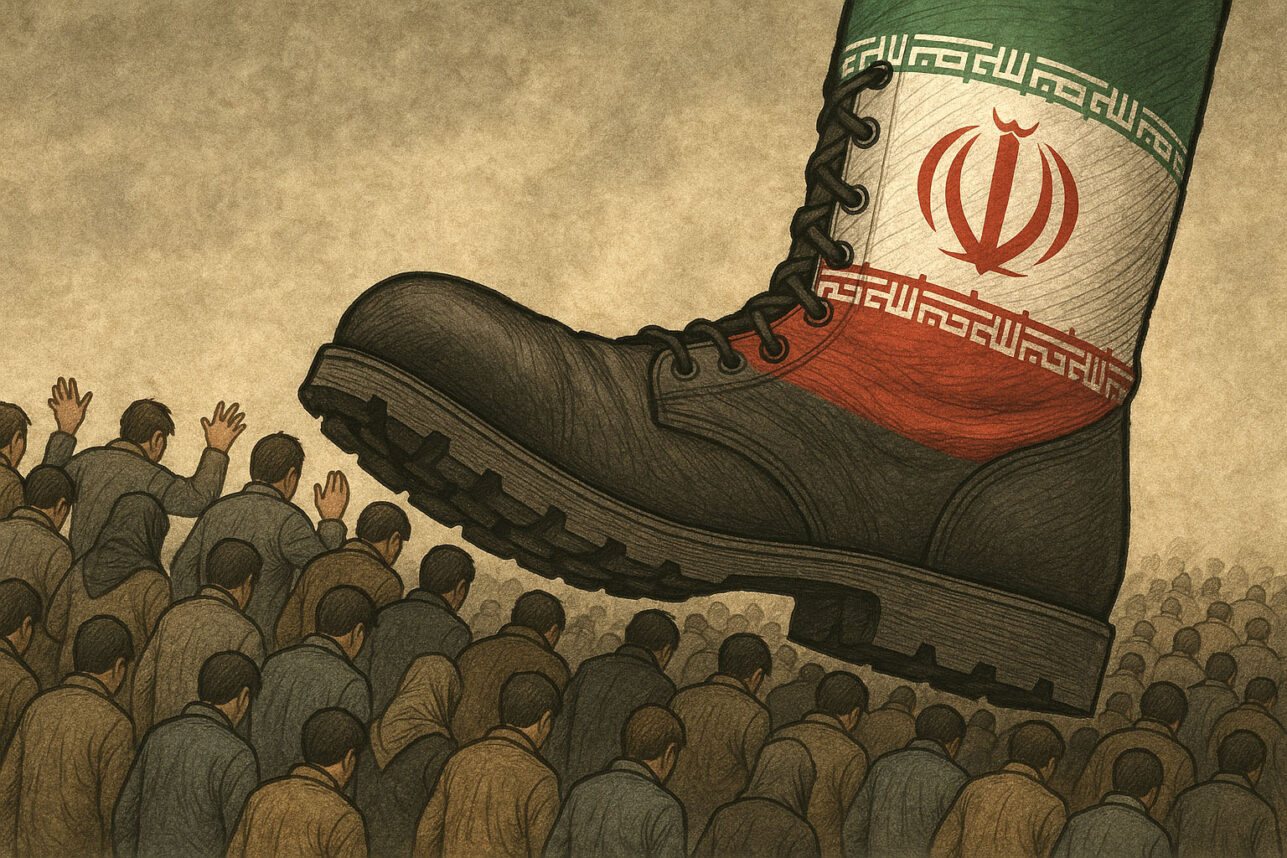

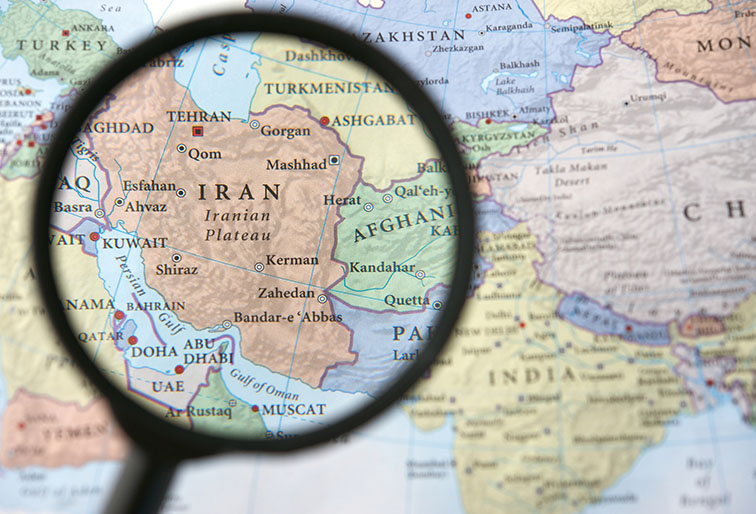
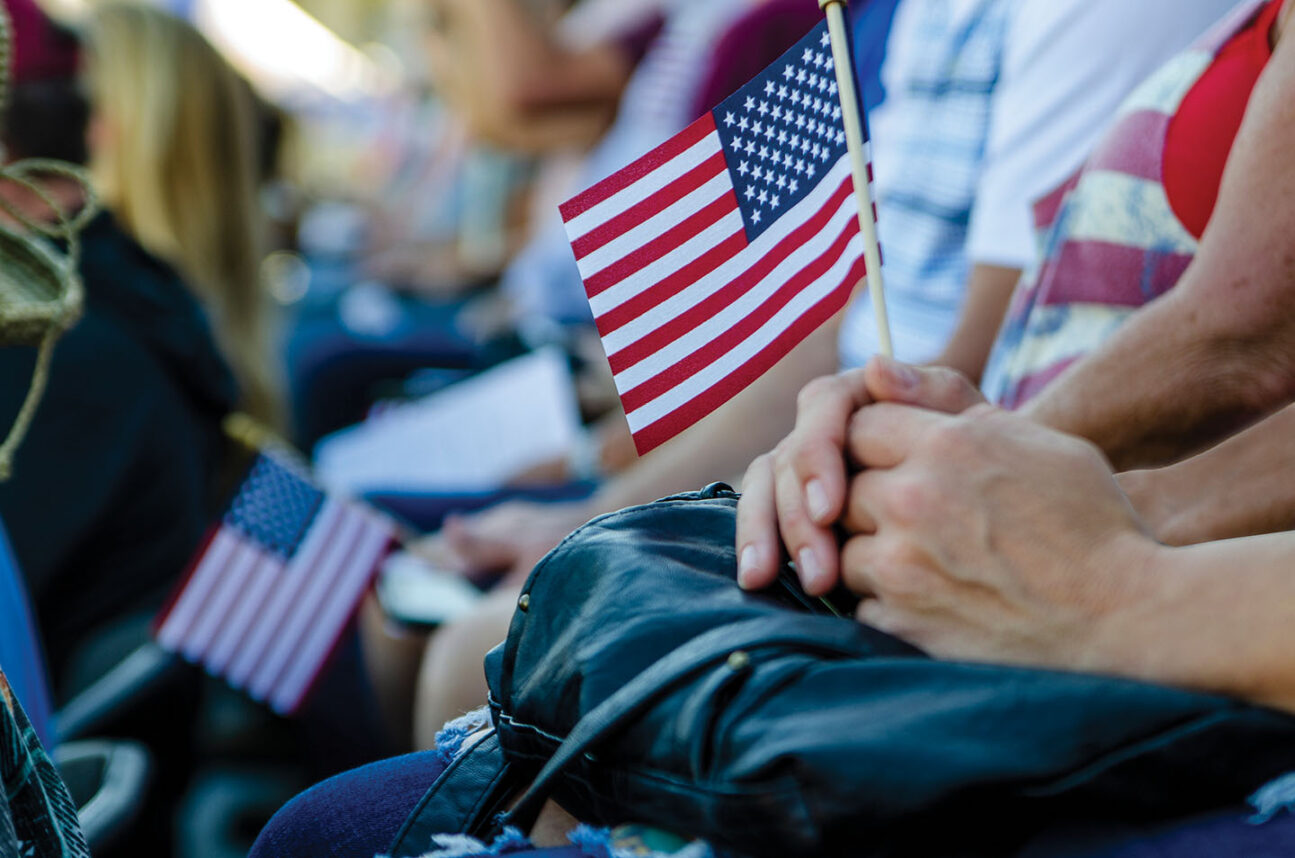
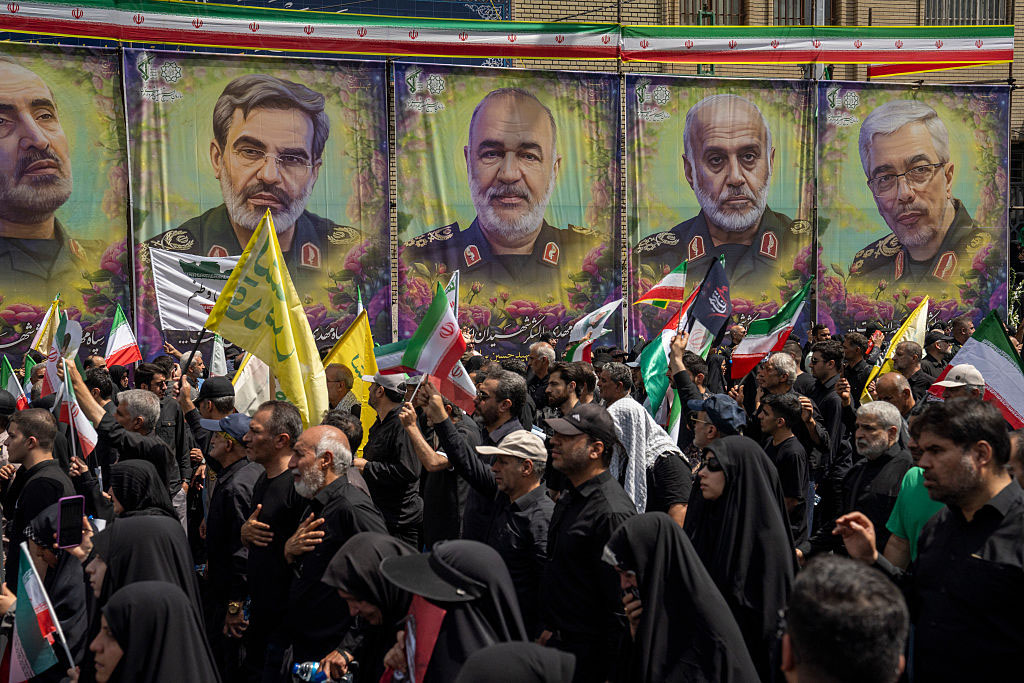














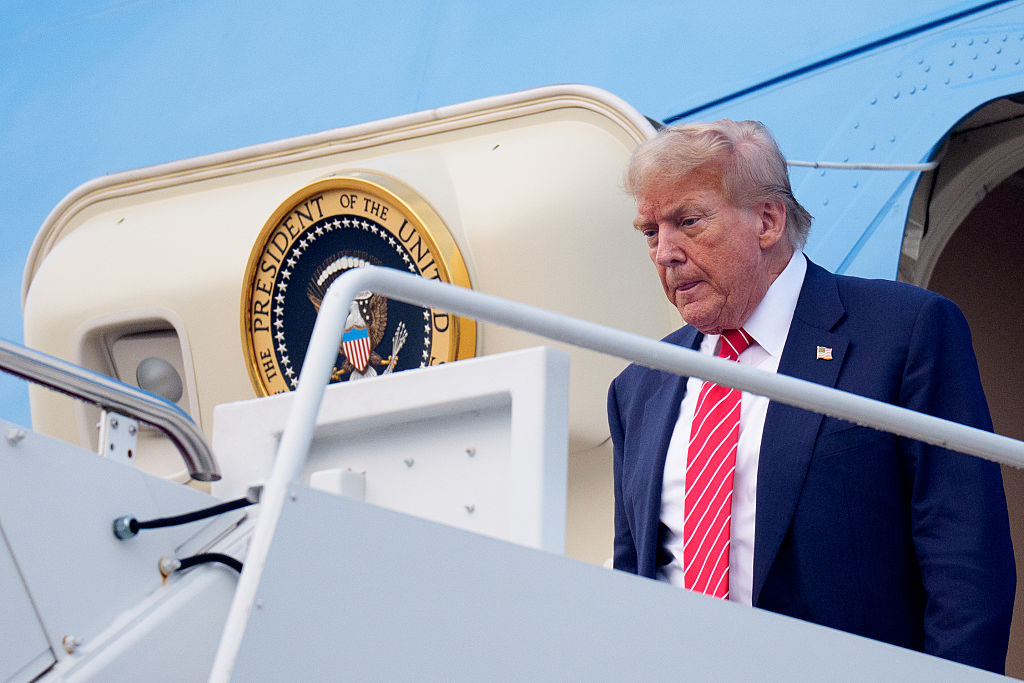


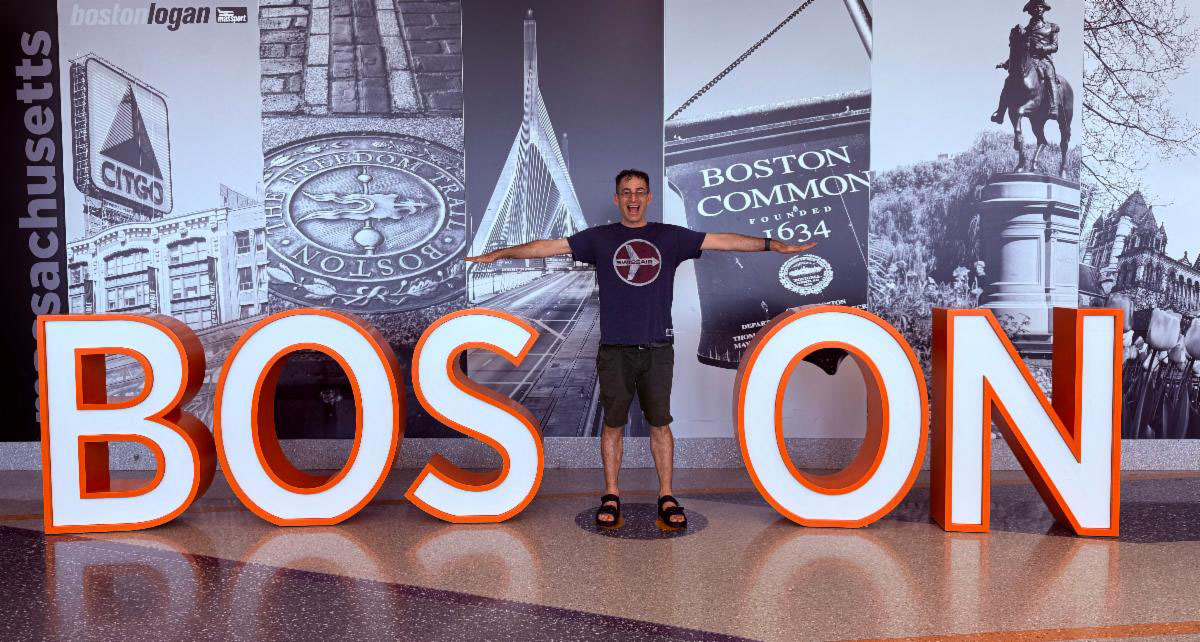
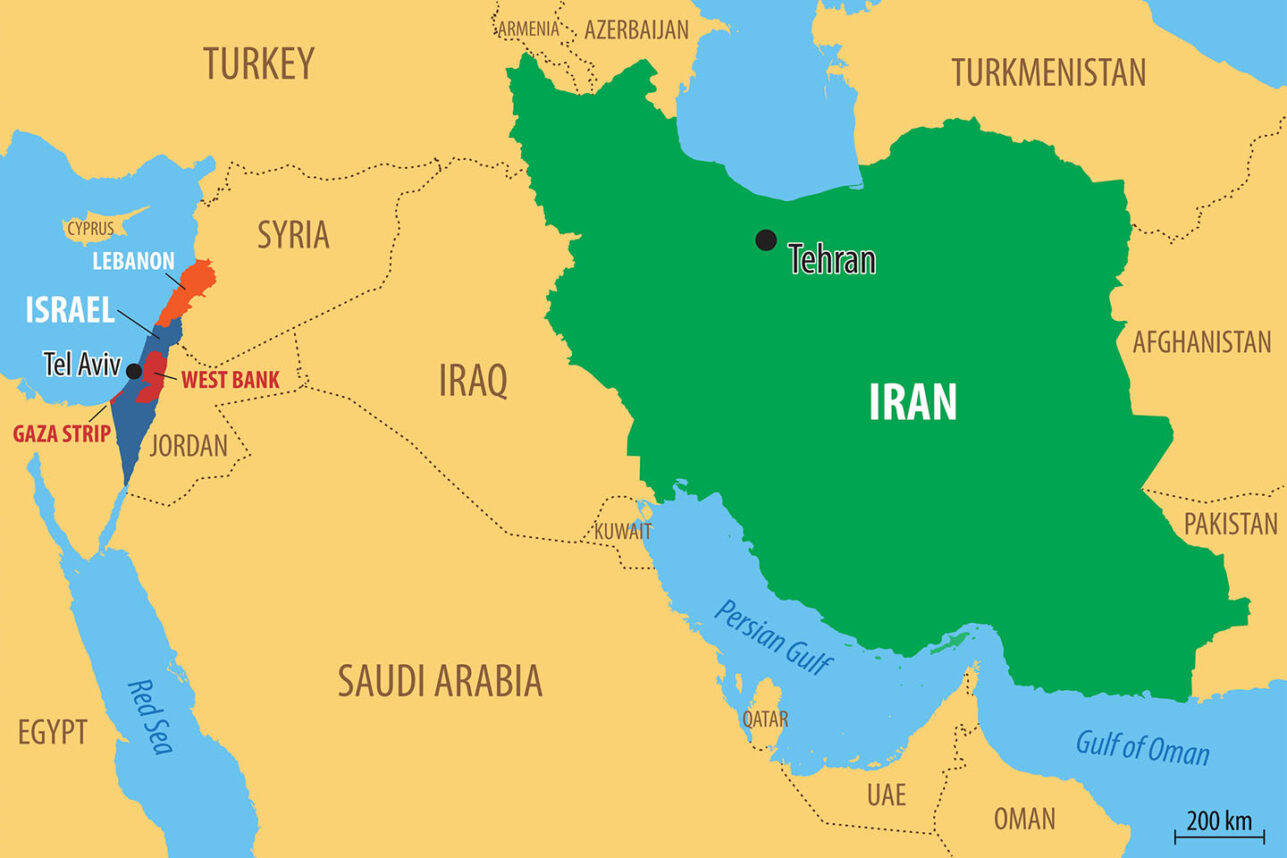
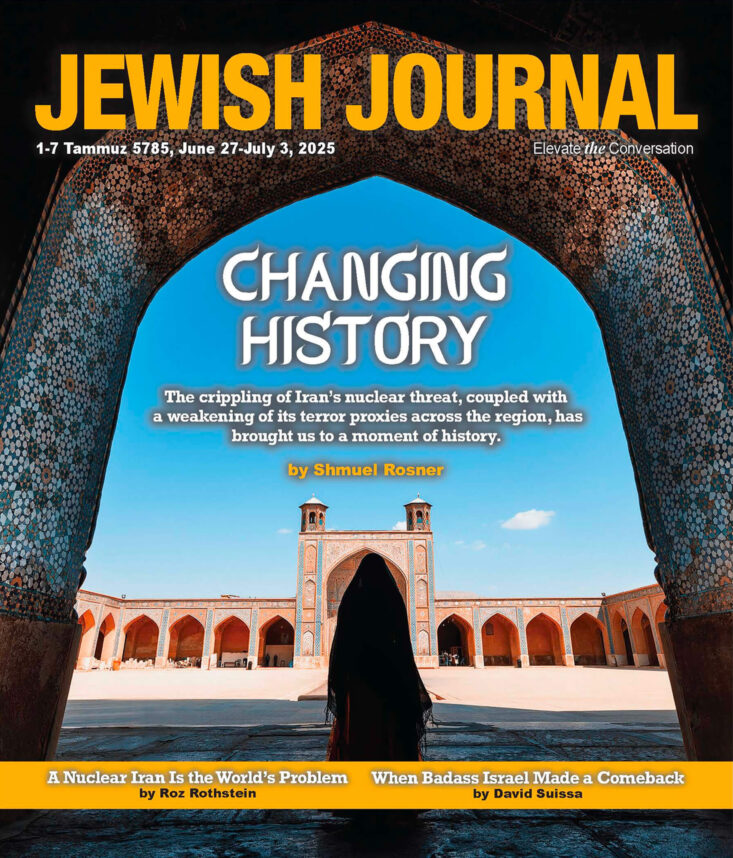
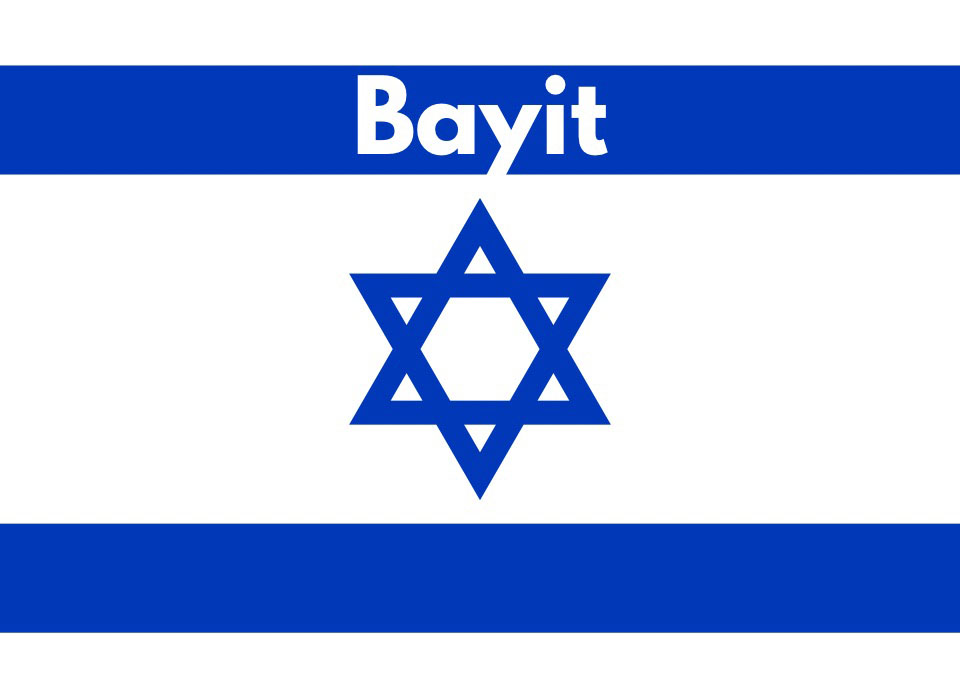

 More news and opinions than at a Shabbat dinner, right in your inbox.
More news and opinions than at a Shabbat dinner, right in your inbox.